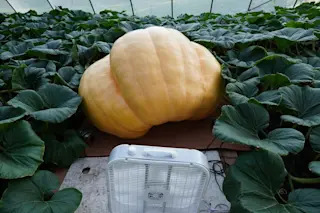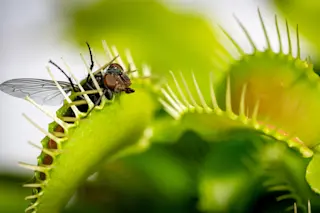“I was the only one doing it,” researcher Torbert Rocheford explains demurely when asked about the expertise that had the government knocking on his door in 2001.
Rocheford, a plant geneticist at Purdue, drew the attention of the U.S. Agency for International Development (USAID) for his research on variations affecting provitamin A carotenoids — naturally occurring plant pigments that our bodies can convert to vitamin A — in maize. Working with USAID and later HarvestPlus and the National Science Foundation, Rocheford has used natural breeding techniques to pioneer high beta-carotenoid orange corn.
The bright-orange corn could help children in sub-Saharan Africa, where nutritionally inferior white corn is a dietary mainstay and thousands of vitamin A-deficient children go blind each year.
“Yellow corn is culturally unacceptable to some — it’s fed only to animals — so orange maize is fresh and untainted by that perception,” says Rocheford. “And it could provide twentyfold of vitamin A.”
Other high beta-carotene root vegetables, such as carrots and sweet potatoes, don’t grow easily in some African regions, so orange corn has the best chance of taking root and becoming a standard crop. Consuming the new maize also could prevent vision deterioration caused by macular degeneration in the elderly. One variety may be available in the United States by 2016.















